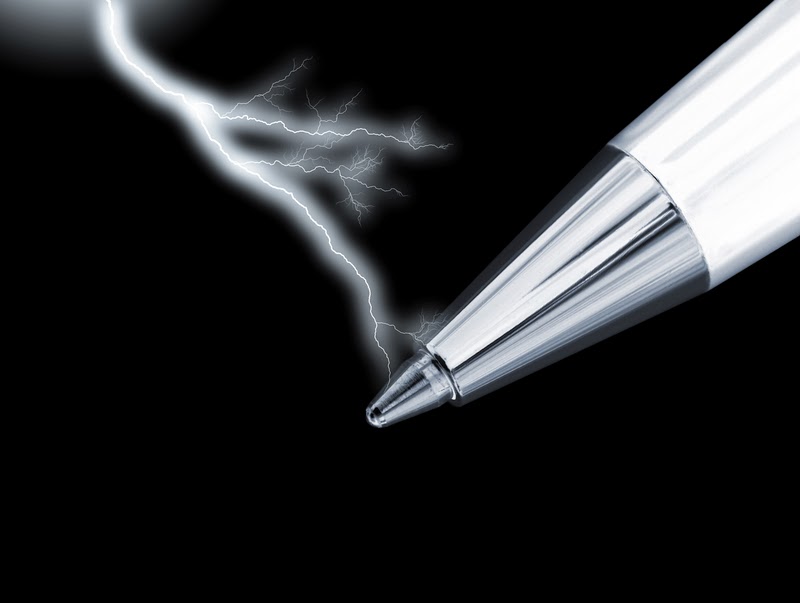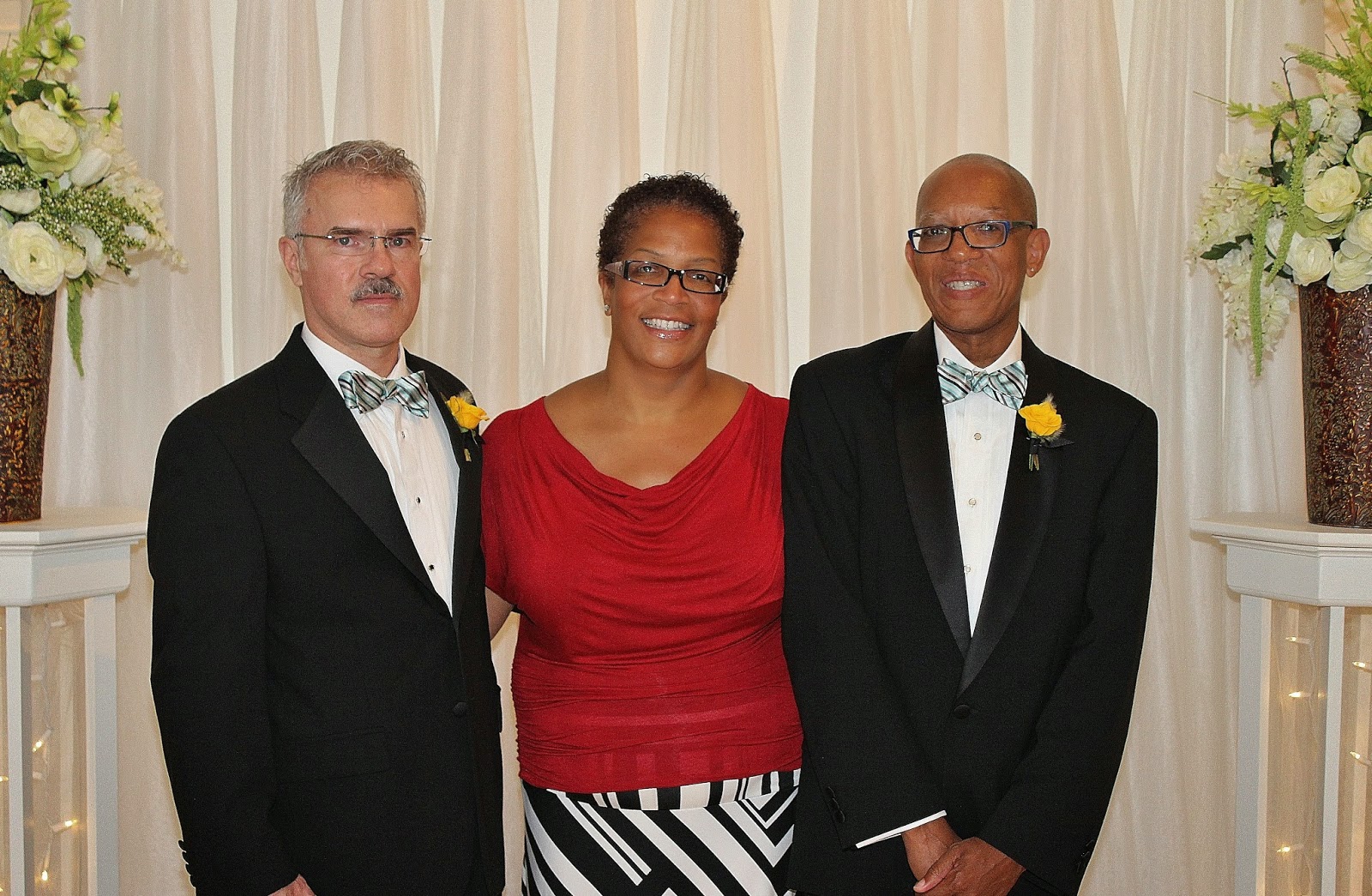I Write.
If you follow me on Twitter or Facebook, you know I’ve been
working on a new book—a novella actually. This new book is probably my most
ambitious work to date and may surprise readers who think they know my work.
Though, if you’re one of the seven people who’ve read Damaged Angels, my collection of short stories, you probably won’t
be surprised.
At any rate, for my novella which isn’t in my usual genre, I
had to do a fair of research to create the world in the story. I researched
everything from epidemics of the late 19th century to mockingbirds . One main
character is a painter, but being a writer I really had no idea how a painter
thought, so I turned to one of my best friends from college who is an artist.
Not only is she a friend but she is a truly talented artist whose work I admire
very much. I emailed her to ask if she’d be willing to talk to me about her
art, and her creative process. In short, I wanted to be let into the mind of an
artist. Her response was a brief, “of course.” Like I said, she is the artist;
I am the writer, the wordy one.
A week later, we met for lunch at the White Dog Café in
Wayne. We caught up on our lives over drinks, Race Bannons, to be exact. Then,
as we ate, I peppered her with questions, and she explained the artist’s life
to me. She told me how being an artist directed how she saw, and processed, the
world around her. She also explained her medium—she’s an encaustic painter—and
how she worked. As she spoke, I took notes and even as I wrote I could see how
her artist’s temperament would influence and inform my character’s actions and
view of the world.
As lunch wound down, she asked me what my book was about. I
explained not so much the plot but what I was trying to accomplish with the
story.
“Does this one have gay characters?” she asked.
I was bewildered by the question. “Yes,” I said.
“Why?” she asked.
I was startled. Why? Why?
I tried to think of a reason. I’ve been asked why I write gay fiction before,
so I’m used to the question but her question felt different. She and I have been
friends since I was nineteen. We met at Penn when I was a sophomore, and she a
freshman. I was probably the first gay guy she ever met. She didn’t witness me
coming out so much as watch me find my place in the world as a gay man. I still
remember The Conversation—one of our first. We were both slightly drunk.
“I love, Yone,” I blurted.
“Now, see,” she said, “I understand what you mean.”—she had
gone to high school with Yone; in fact he had introduced us, asking me to keep
an eye on her. “I know you don’t mean that in a sexual way.”
“Ah. See that’s the problem: I do.”
She’d stared at me, waiting for an explanation, much as she
was staring at me now, thirty some odd years later, from across a table at the
White Dog Café.
Why, Larry, why? I
asked myself. She might as well have asked me why I’m gay. I don’t know. I just
am. I just write.
I was reminded of a comment from a reviewer of What Binds Us. In it the reviewer
observed that it was a gay story and an intensely romantic one but that either
person in the relationship could have been female and the story would still
have worked. I always wondered if that was her way of wondering why I didn’t
write a straight romance, or if she simply understood that love was love. I
remember thinking, at the time, “oh, I would never write a straight romance.” And
the reason is quite simple: to me doing so would be selling out—sure I’d get a
wider audience, and maybe sell more books, but what about the gay kids, the
kids who are now as I once was? What of those kids who hunger to see themselves
represented in books and movies? What of those kids who hoped to live boldly
outside the shadows in other than the margins of society, but could not see how
they ever would? And what about the adults still struggling to come to terms
with themselves, still struggling to imagine a life other than the one others
imagined for them, confined by what they could not imagine for themselves?
As a kid, and especially as a teenager, I was hungry to see myself
in books and movies. Even when I got to college and found ready access to books
about gay men, they were always other, always white, always described as
handsome and desired. In short, they were not me. I was invisible.
Now decades later, I am lucky enough to have a voice, an
audience, and my singular goal is to make sure that gay kids and adults can
hear that voice, can see themselves in my stories, for they are not my stories;
they are our stories. I merely voice
them.
My stories are often riddled with tragedy and they don’t all
have happy endings but they are always hopeful. And maybe that’s why I write
what I do—to give others hope. Hope that it will
get better, that they are not alone, that they are not invisible.
Hope may not be a strategy, but sometimes it is all that
stands between us and utter despair. And maybe that is the real reason I write what I do—to fill the gap between
hope and despair.
So now that I have figured that out, I am asking you, my
fellow writers, why do you write what you write? Post your answer below, or
post it to Twitter, or my Facebook page, using the hashtag #IWrite
If you’re a reader, tell me why you read what you read. Post
your answer below, or post it to Twitter, or my Facebook page, using the
hashtag #IRead.




What an interesting post--I love finding out why people write the kinds of stories they do--and I love the concept of writing to fill the gap between hope and despair--truly lovely!
ReplyDeleteI write because for too much of my life, I kept my stories to myself. I told myself that making up stories was only something children--and *real* writers--did, and as I was neither of those things anymore, it was time to grow up and set aside childish things. My whole life, however, I looked for something to be joyful and passionate about, and when I didn't find it, I figured that being passionless was all part of being a responsible adult.
One day, a friend introduced me to fanfiction, and it was like opening the floodgates. The words began pouring out of me, and haven't stopped since. I write mostly about people discovering that life is more than mere survival, of finding love when they've learned to live without it, of being true to themselves and who they are. I've gravitated toward M/M romance as a result, but I find myself wanting to tell stories in other genres, too. That's the important part, I think. Writing makes a crappy day a little bit better, and if reading a story I've written makes someone else's crappy day a little bit better as well, then I've done my job. :-)
thanks Sarah!
DeleteI'm glad you found yoru voice and the courage to use it. Sharing our stories is really important. And finding yoru passion and indulging it is a great deal of what makes life worthwhile, I think.
I don't really know why I write. That might be why I struggle with it. That and I tend to over think things. Stories come to me. Stories that capture my imagination and won't let go. Once or twice the stories have been so dark that I refused to try and capture them. It's when I sit down to write, that inner editor starts to nag me with questions about genre, POV, and how long is this work going to be anyhow (as if that really matters when you're writing). Someday, that editor is going to be forced to walk the gang plank and hang himself from the electric chair so I can make some lemonade.
ReplyDeleteBut I digress. Every night I fall asleep telling myself a story. Writing helps me get the stories out of my head, so I have a new story to tell myself, or, at the very least, a new part of the story. One of these days, I may even get to editing.
As a reader, I like fiction that has the strength of real life, even if it's complete fantasy. Romance is fine, but I'm there for the story.
I say shoot your inner editor. For me, I only worry about getting the words down, quickly before I forget them. I don't edit as I go, I just write. Later when the words slow, I go back and reread them and edit them and reorder them. I don't write sequentially; I write scenes as they come to me. The last thing I did before I had a final draft of the new story was reorder everything so that it flowed chronologically--it is sort of like assembling a jigsaw puzzle: no that piece doesn't go there. What about here?
DeleteI really like the idea of telling yourself a new story before you fall asleep each night. Alas, I would be compelled to jump out of bed and write it down.